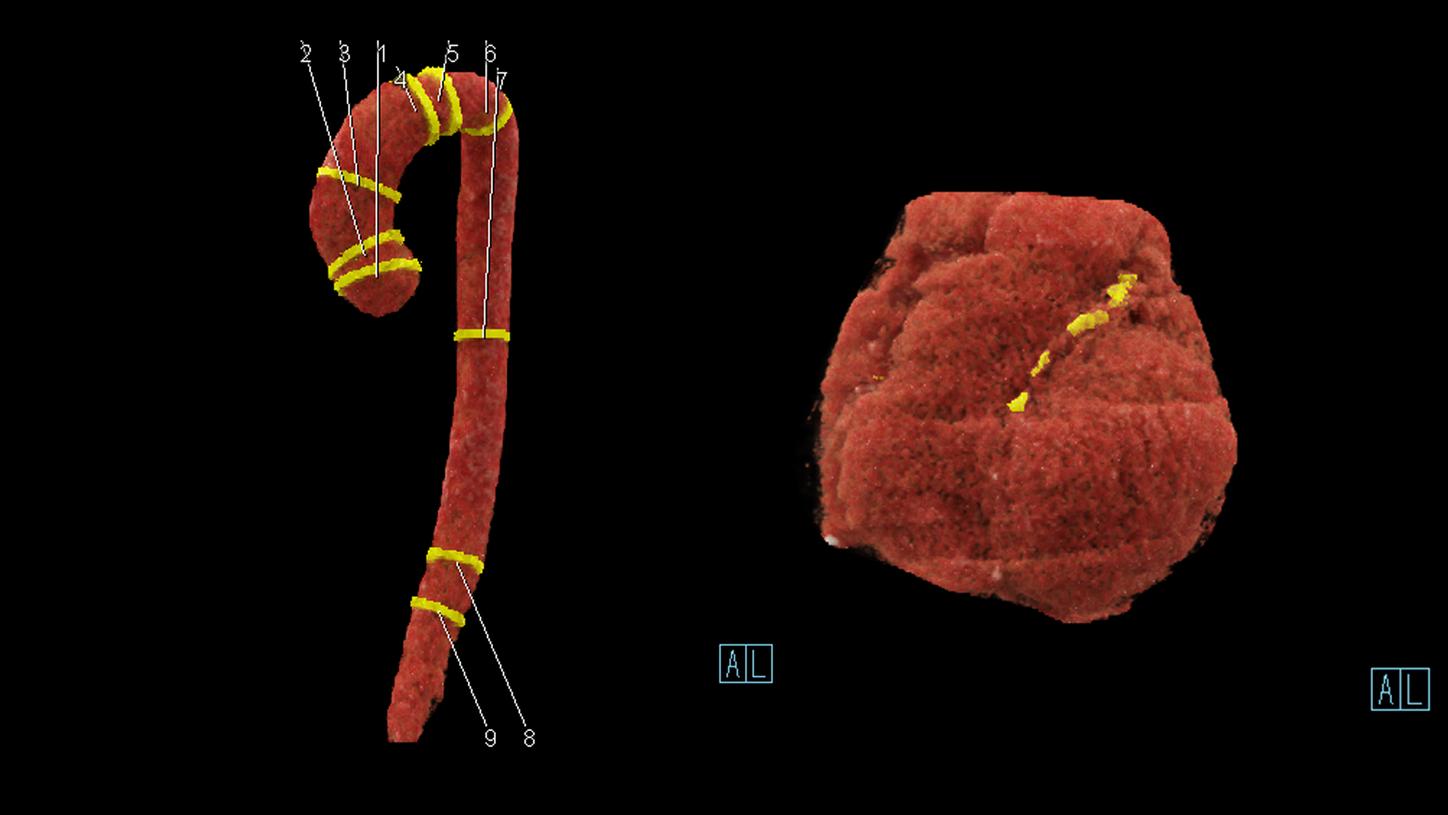
Data as key to personalized medicine
Why the responsible handling of health data offers such a wealth of opportunities.
Smart medical care thanks to artificial intelligence
Medical data
Algorithms
Artificial intelligence
One particularly impressive use of medical data is to feed algorithms that are trained to identify patterns and to operate automatically within a given area based on the trained examples. To this end, millions of datasets are consulted in order to provide a vast repertoire of scenarios for artificial intelligence to process.
These innovations can, for example, help to delimit abnormal regions that indicate respiratory diseases in CT scans. This is intended to enable radiologists to focus more closely on anomalies in the clinical image, as well as reducing the amount of time spent marking images and thereby facilitating diagnosis.
More efficient processes in hospitals
Support medical decision-making
Optimize clinical processes
Faster access to medical care
In addition to the use of selected patient data to support medical decision-making, data can also help to optimize clinical processes by allowing the visualization of different metrics within a radiology department. This enables personnel to spot and tackle critical resource bottlenecks in good time, allowing the optimum use of whole fleets of hospital imaging systems.
This is not only beneficial for the hospitals themselves, but also provides patients with faster access to medical care. Moreover, new software systems pave the way for gentler, individualized screening processes that deliver high-resolution clinical images at the lowest possible radiation dose.
Networking based on secure platforms
Secure platforms
Data networking
Virtual consultation
The use and interpretation of data requires secure platforms that can collate the available information and offer tailored access to it for the respective applications – not only across different hospitals but also across institutional and national boundaries.
Data networking encourages the exchange of knowledge and information regardless of location with a view to delivering improved and continuous patient care. Particularly during the pandemic, this networking proved to be beneficial by allowing physicians to offer virtual consultations.


















